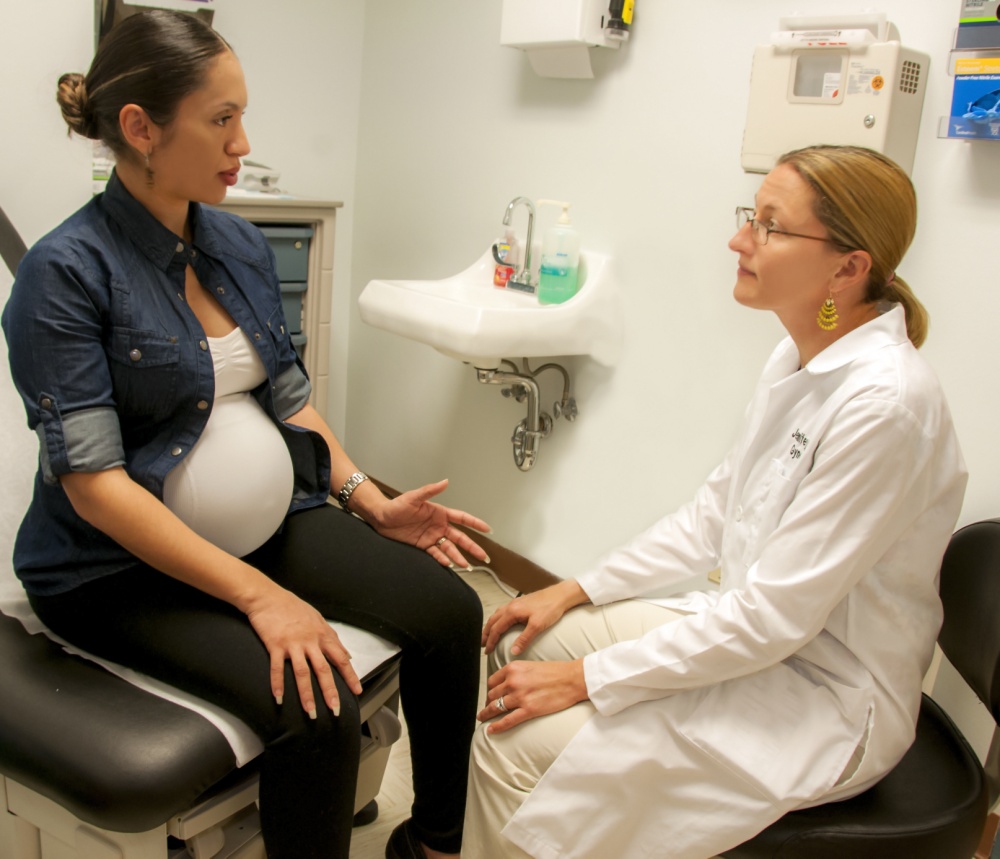Women's Health
Advancing Health for Female Service Members
Geneva champions the health of female service members, addressing historically overlooked medical challenges through focused research, strategic partnerships, and tailored interventions. By bridging gaps in women’s health research within the Department of Defense (DoD), Geneva strengthens military readiness and promotes gender equity in care, ensuring that women in uniform receive comprehensive support tailored to the unique needs.
Women’s health research in the military addresses critical gaps in understanding the unique physiological and psychological needs of female service members, ensuring they are fully prepared and supported to excel in their roles while maintaining optimal health and readiness.
-
- Readiness Impact: Addressing health disparities improves the readiness and effectiveness of the growing number of female service members.
- Gender-Specific Research Gaps: Insights into musculoskeletal injuries, psychological health, and reproductive health close critical gaps in care for female personnel.
- Broader Health Benefits: Military-focused findings contribute to advancing women’s health across civilian populations.
The Geneva Advantage
Geneva accelerates military medical research and development (R&D) through strategic collaborations, operational expertise, and innovative solutions that amplify research impact, strengthen national defense, and improve healthcare for service members and the communities they serve.
-
- Decade of Leadership: Pioneering research in women’s health since 2010, shaping policies and interventions that improve care for female service members.
- Comprehensive Collaborations: Partnering with the DoD, academia, and industry to develop evidence-based solutions tailored to women’s unique health needs.
- Dual Impact: Advancing military readiness while contributing to gender equity in healthcare for both military and civilian populations.
GAPS IN WOMEN’S HEALTH AND READINESS
There are several key areas of medical research that the DoD identifies as needing exploration to meet the needs of female service members.

Partner with Geneva to advance your research and achieve greater impact
Let's ConnectResearch Program Highlights
Female Musculoskeletal Injuries
Musculoskeletal Injury Rehabilitation Research for Operational Readiness (MIRROR)
Uniformed Services University
Female service members experience musculoskeletal injuries more frequently than their male counterparts. The MIRROR program has undertaken a comprehensive, 5-year data analysis to document the incidence, prevalence, and types of MSKIs among female service members, along with the costs and rates of healthcare utilization associated with treatments. This research will enable DoD leaders to fully address the impact of these injuries.
Learn MoreGender-Specific PTSD Biomarkers
Omics Characterization of Combat-Related PTSD: Early Onset and Female Studies
Walter Reed Army Institute of Research
This study aims to identify gender-specific biomarkers that will improve clinical assessment of PTSD for female service members, including how changes in the brain, blood, and major organs characterize the illness. The research is anticipated to be useful in helping medical providers select appropriate therapeutic interventions to reduce the severity of PTSD.
Learn MoreSexual Assault and Trauma
SAFEPOST Project
Womack Army Medical Center
The SafePost project rigorously explores the prevalence, risk factors, and prevention strategies of Intimate Partner Violence (IPV) within the military community, specifically among female service members, veterans, retirees, and their partners. This study aims to dissect the complex dynamics that contribute to IPV, analyzing patterns that may predispose this demographic to higher risks. SafePost seeks to develop targeted interventions that could significantly diminish the occurrence of IPV.
Psychological Health in Expectant Mothers
MOMS Program
Uniformed Services University
Since 2011, the M-O-M-S™ early pregnancy support program on expectant mothers has been examining how prenatal maternal anxiety and depression correlate with changes in immunological markers, oxidative stress levels, and hormonal biomarkers in maternal serum and placental tissue. The program seeks to unravel the physiological interplay between maternal mental health and pregnancy outcomes.
Scientific Publications
Explore the cutting-edge of science with the latest scientific publications from Geneva researchers and thought leaders.
Read Publications





